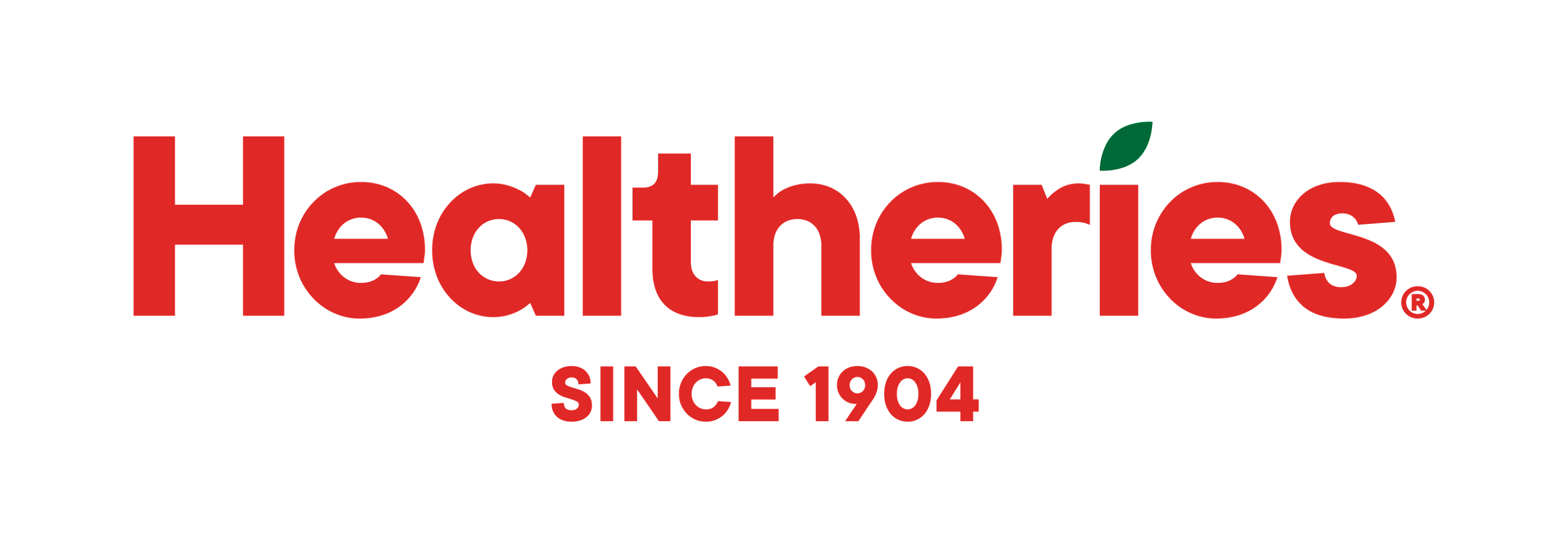Every food product must meet set nutrition criteria in order for a nutrition content claim to be made on the packaging of the product or within its marketing. This criterion aims to help the consumer make good food choices, and to prevent the consumer from being misled by claims. In this article, we round up some common claims and the criteria a product must meet to claim them.
Reduced, Light or Lite
Reduced, Light or Lite
These products must be at least 25% lower in the nutrient described than other similar products. For example, a product labelled with ‘Reduced Salt’ must have 25% less salt than other similar products. Lite Yoghurt has to have at least 25% less fat than standard yoghurt.
A Good Source of
A Good Source of
Must meet a set figure per 100g. For example, a good source of fibre claim can only be made if there is at least 4g of fibre per 100g (4%) or a good source of vitamin C must contain at least 25% of the Recommended Dietary Intake (RDI) in the product.
Fat Free
The value of this claim depends on the product and whether it is naturally high in fat. For example, Potato Chips tend to be high in fat, making a 97% fat-free packet a lower fat, healthier choice.
No Artificial Colours or Flavours
Until recently products containing either natural or nature identical flavours could make this claim. FSANZ have now advised that this misleads the consumer with regards to nature identical flavours. Therefore, only products containing natural flavours may make this claim. The impact here will come in the form of price as natural flavours are often more expensive and harder to source.
No Added MSG
MSG is naturally present in some foods and is a food additive [621] used to enhance flavour in food products. MSG is approved as safe for use by FSANZ, however, some consumers prefer to choose products with no MSG, due to a small number of reported negative effects.
Gluten Free
Gluten Free
In Australia & New Zealand FSANZ dictate, that to claim a product is gluten-free it must have no gluten detected when tested (less than 3ppm). The international standard for gluten-free products (less than 20ppm) is deemed a low enough level not to cause a reaction, and which the Coeliac Association has adopted.
Health Claims
Health Claims
A health claim must have a substantial amount of scientific evidence to show the product or ingredient in a product, is beneficial for health. Food Standards Australia New Zealand (FSANZ) regulates what can and cannot be said, including the wording in a statement, and how the consumer will interpret it. For example:
“Lower your cholesterol with Flora pro-active Original” – This health claim can only be made as there is a large amount of scientific evidence to support the effect of plant sterols (an ingredient in this product) in lowering cholesterol.
